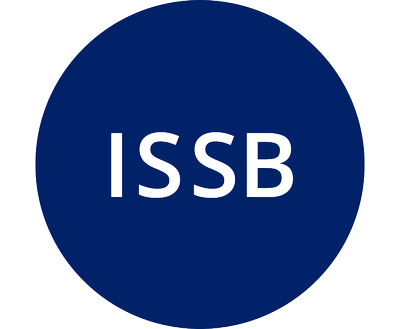In a significant move, Brazil’s Ministry of Finance and the Comissão de Valores Mobiliários (CVM) have announced the forthcoming incorporation of the International Sustainability Standards Board’s (ISSB) IFRS Sustainability Disclosure Standards into their national regulatory framework. The transition plan begins with voluntary use in 2024, culminating in a mandatory application by 1 January 2026.
Brazil, an advocate for transparent financial practices, has been utilizing the IFRS Accounting Standards since 2010. The new integration is viewed as a strategic move to fortify the nation’s capital markets. This will be accomplished by promoting transparency in sustainability-related risks and opportunities, thus magnetizing capital and global investments.
This groundbreaking announcement was made during the IFRS Foundation Trustees’ meeting in Panama City. The gathering was a confluence of representatives from prominent stakeholders across the region. Highlighting the importance of such standards, a special event was co-hosted by the Inter-American Development Bank and Latinex, emphasizing the pivotal role of IFRS Accounting and Sustainability Disclosure Standards in sculpting a resilient, sustainable, and competitive financial sector.
Erkki Liikanen, Chair of the IFRS Foundation Trustees, addressed a dinner hosted by the Panamanian Banking Association and the Ministry of Economy and Finance. Liikanen’s speech underscored the imminent Latin America and the Caribbean Climate week, reminding the attendees of the pressing need for climate-related disclosures, given the looming climate threat to regional capital markets.
Recent discussions between ISSB Chair Emmanuel Faber and the Association of Supervisors of Bank of the Americas revolved around the positive impacts of enhanced sustainability-related disclosures. The Superintendency of Banks of Panama also voiced its robust support for the ISSB and pledged to champion the adoption of ISSB’s Standards.
Furthermore, to cater to the regional audience, the IFRS Foundation recently released the Spanish translation of IFRS S1. Companies throughout Latin America are now primed to adopt this standard, with translations of IFRS S2 in Spanish and Portuguese soon to follow.
Chile and Colombia lead the way in Latin America, having already mandated the use of the Task Force on Climate-Related Financial Disclosures (TCFD) recommendations and SASB Standards. Mexico too is not far behind, with its national standard-setters already deliberating the adoption of the ISSB’s Standards.
Emmanuel Faber, ISSB Chair, reflected on the series of events, saying, “We continually receive overwhelming global support for the ISSB’s Standards. I wholeheartedly commend the Brazilian Ministry of Finance and CVM for their visionary roadmap towards mandatory adoption. I also express my gratitude to our Panamanian hosts for their unwavering support and hospitality.”
